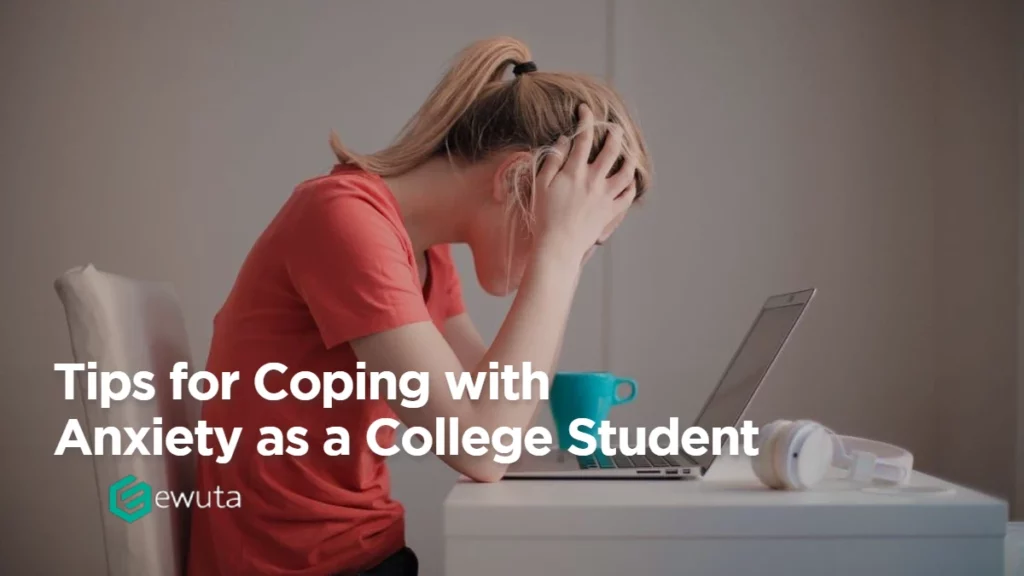
Transitioning to college is exciting. It is a chance to live independently, make new friends, and explore interesting ideas. But, exhilarating as it might be, being away from family, juggling tight schedules, and overwhelming academic work can be too much to handle. In addition, getting used to this new lifestyle is more likely to trigger anxiety. These ways to cope with anxiety and stress are fundamental for any college student.
1. Practice Self-Care
Several factors cause anxiety and sleep disruption due to excessive drinking, loneliness, and school stress. How much these factors affect you is somehow within your control. So, a working self-care routine would remedy or counter the risk of suffering from anxiety.
Sleep hygiene is essential, so set a consistent wake-up and bedtime, especially when you have classes. Limit how much caffeine and alcohol you consume since it interferes with how much you sleep. Self-care also means having restful weekends. Taking care of yourself or your body translates to a clearer and healthier mental state.
2. Approach, Do Not Avoid
Someone said a problem shared is a problem half-solved. The same case applies to stress and anxiety. College is generally stressful, and if you let it get to you, you are more likely to sabotage your academic performance. This result explains why most students would rather stay in bed all day than attend classes.
However, this is not a prudent way of dealing with this case. It worsens the situation, yet there is no harm in taking the right step towards remedying the problem. For instance, if you struggle with assignments, consider seeking a custom term paper writing service on time. This option could save you from getting into the rabbit hole of academic failure.
If you struggle to master concepts, reach out to your lecturers for help. They are an email away and are willing to help. If you are not confident about making the first step, find a friend ready to help you out of the situation and be your accountability person. You will realize how much tackling the problem could do and how much your anxiety levels will reduce.
3. Take Advantage of the Resources on Campus
Most colleges have facilities and resources to help students transition to college and cope with stress. They include peer counseling, academic advising, and study support centers. It does not matter whether you have a diagnosed mental health condition; you are advised to utilize these facilities. Their doors are open to helping you settle in and comfortably get used to the new lifestyle. They are also willing to help you deal with the challenges you will likely face in college.
4. Create an Independent Study Routine
The pressure to perform well academically can trigger anxiety, and overwhelming class assignments do not make it easier. As a result, you are more likely to fall out of love with studying. However, there is a way out, creating an independent study routine.
Developing a study routine makes it easy for you to master concepts and keep tabs on assignments and class-related activities. It also helps with preparing for exams since you will be familiar with the content instead of having an all-nighter cramming content. On the other hand, cramming into small windows of time can trigger anxiety.
If coming up with the study routine is challenging, consider seeking help from the academic advisory department. They will help find out how to get tutoring and educational support.
5. Engage in Extracurricular Activities
Anxiety manifests in tension and fear of the future. Unfortunately, there is only so much you can do about your future. Since you do not have that much control over your future, do what you can with what you have.
Engaging in extracurricular activities is a healthy distraction that helps unwind from the fast-paced college life. It is also an avenue to do the things you enjoy while interacting with like-minded humans. For example, you could join a sports team, a club or a movement.
These 5 tips for coping with anxiety as a college student have been tried and confirmed to work. College does not have to be scary or a nightmare when such solutions exist. Nonetheless, they demand intentionality and discipline from you.



